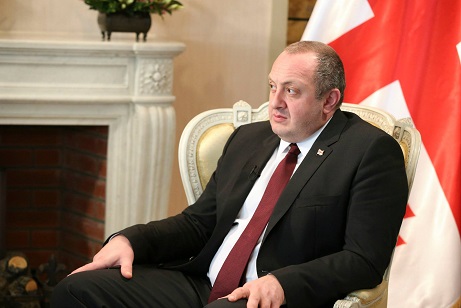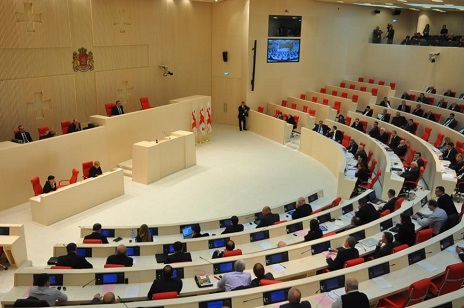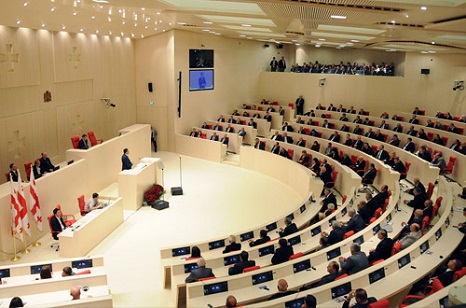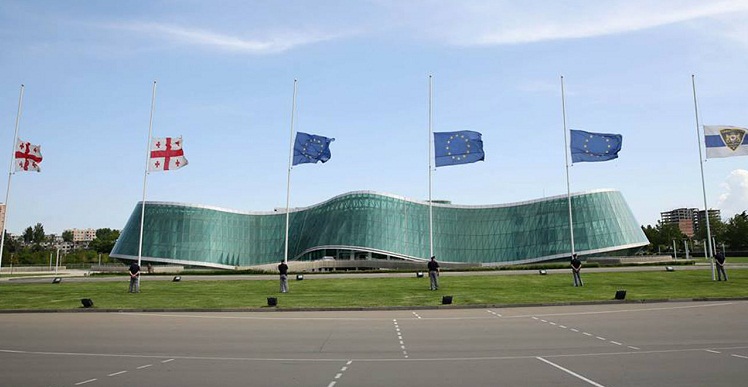Parliament approves President’s notes on surveillance bill after his veto
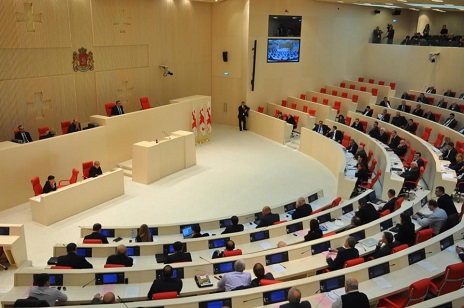
Georgia’s Parliament passed President Giorgi Margvelashvili’s notes on the country’s surveillance law with 95 votes in favour to one against to extend the deadline from November 1 to December 1 instead of being adopted on February 28, 2015.
Earlier today, Margvelashvili publically announced his disappointment in the delaying of adopting changes to the country’s surveillance law.
In particular the President vetoed the amendments to the bill on electronic communication as he did not agree with Parliament’s decision to extend the adoption of the bill that would tackle security agencies’ unrestricted capability of direct access to telecommunications service providers’ networks, from November 1 to February 28, 2015.
However, Parliament passed a motion on October 30 with 65 votes in favour to 31 against to extend the deadline.
UPDATED at 22: 30: President Margvelashvili signed the bill late this evening and thanked Parliament for taking his opinion into account. He assessed Parliament’s earlier decision as the next step of Georgia to democracy, as the statement released by President’s press office read.
Over the past few weeks Parliament has hotly debated who would have ‘key’ or direct access to the surveillance
One version of the draft law, proposed by non-governmental organisations (NGOs), foresaw the Interior Ministry only having limited access to telecommunication companies’ server infrastructure.
In this version, law enforcement agencies could only carry out surveillance and obtain requested data from telecommunications service providers only after they obtained a court order that authorised eavesdropping.
This meant that the key to surveillance would be in the hands of telecommunication companies and the court. NGOs believed this would deter authorities from conducting illegal surveillance.
The Government strongly disagreed with this proposal and argued the key should be in the hands of the Interior Ministry. The Government said it should not be necessary to notify telecommunication operators before surveillance took place, as it would increase the risk of leaking sensitive information and undermining operative activities of the law enforcement agencies.
The President believed one month was enough to consider who would have ‘key’ or direct access to the surveillance.
 Tweet
Tweet  Share
Share
